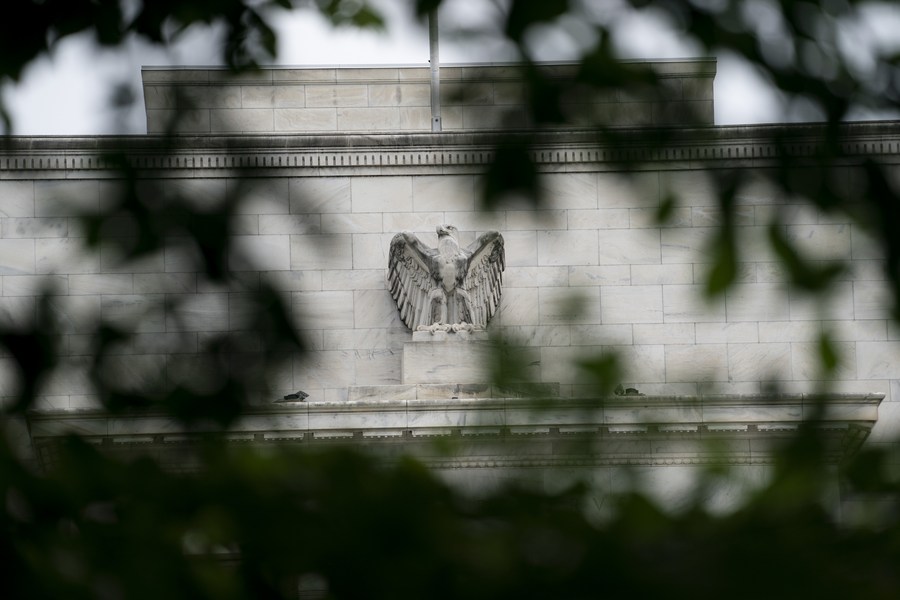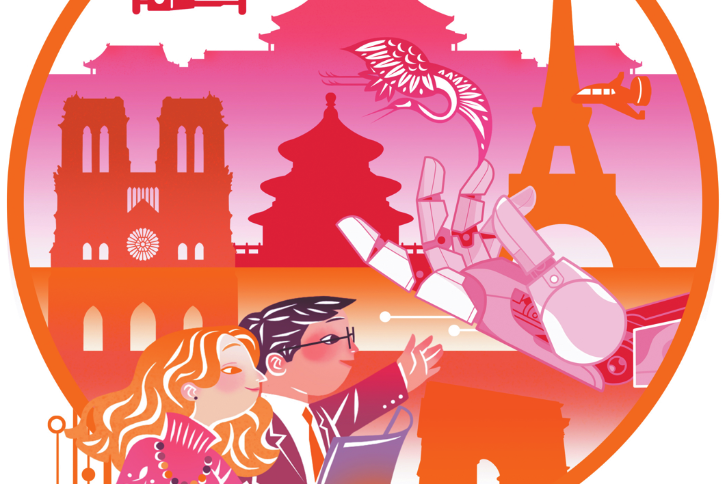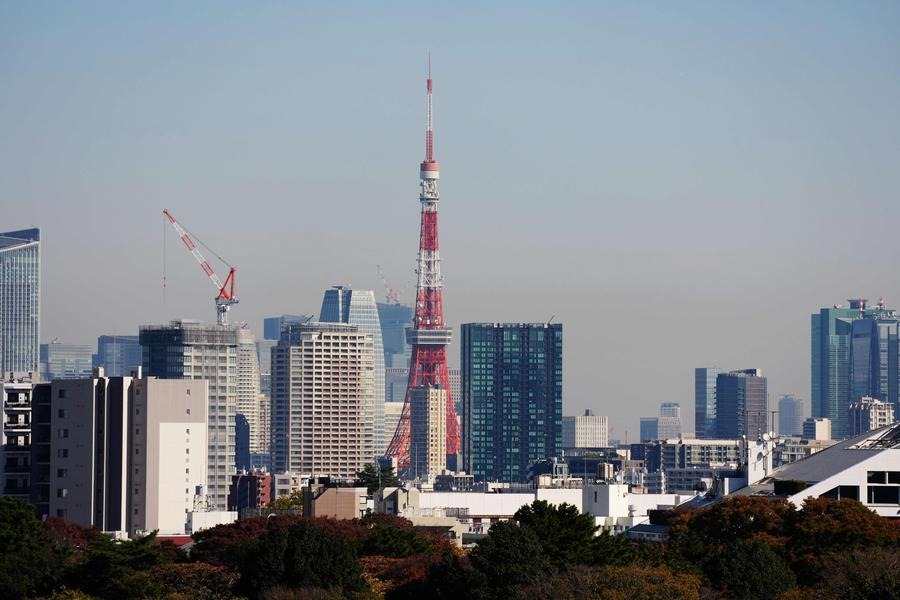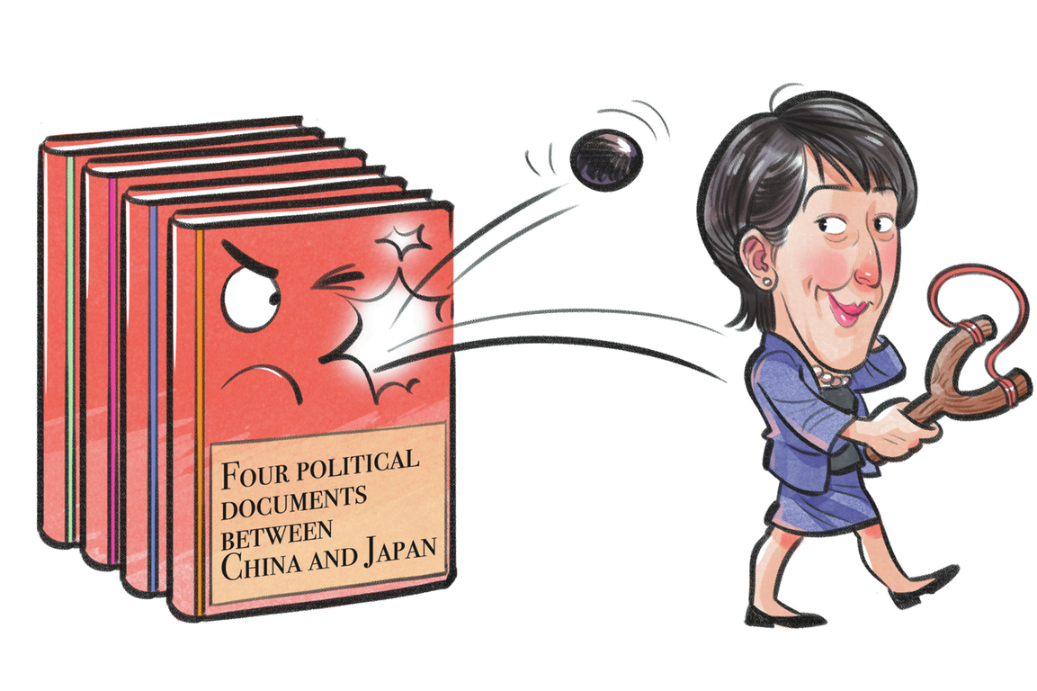Rate hikes won't help US ease inflation


The US Federal Reserve on Wednesday approved a fourth consecutive three-quarter point interest rate increase. The United States' de facto central bank raised its short-term borrowing rate by 0.75 percentage points to a target range of 3.75 to 4 percent to curb inflation.
However, the interest rate hike has not helped ease inflation pressure on the US economy, as the Fed acknowledges that the prospects for a soft landing of the US economy are still narrowing.
Interest rate hikes are forcing the US economy to face a dilemma between inflation and recession, and the most possible scenario is stagnation. Not to mention their negative influence on US business and low-income people who will have to undertake higher costs of borrowing.
Emerging markets, such as China, have for a long time supplied the US with cheap goods. As a result, they have exported deflation to the US, which helps the US to hedge off the inflation nature of its growth model that it has relied on since the end of the Cold War.
However, the decoupling and divisive and protectionist policies that the US is implementing since the previous Donald Trump administration have not only disturbed global supply chains, but also hindered the transmission of deflation effects from emerging market economies to the US. So, unless and until the US re-embraces an open world market, reduces barriers and promotes economic globalization, it cannot bring down its inflation by simply raising interest rates.
Let alone its intention to drag on the Ukraine crisis for its narrow ends and contain China's rise. The regional geopolitical tensions in Europe and Asia, both heightened by the US, are also adding to inflationary pressure in the US.
That's why the inflation rate has kept soaring while the interest rates are hiking all the way over the past year. And before the US administration faces squarely to the root causes of inflation, it cannot address the problem by just increasing interest rates.


































